Benevolence: A Sincere and Dazzling One-Man Show Exploring Hakka Roots and Identity
April 8-May 4, 2025
Tarragon Theatre Extraspace
Written by Fête Chinoise Editorial Team (Maggie Ho)
Notes by Fête Chinoise Editorial Team
Benevolence takes audiences on a journey of self-discovery and transformation. Rich in emotional texture and cultural reflection, the production is a kaleidoscope of memory, identity, and heritage. Through a masterful blend of storytelling, video projection, and performance, Kevin Matthew Wong offers a heartfelt tribute to family and ancestry — all seen through the unique lens of someone who straddles both Eastern and Western worlds.
From the moment the lights come up, audiences enter a world both familiar and new. Lion dances, gongs and drums, and the comforting ritual of hot herbal tea — these are traditions that, even to many Westerners, are no longer unfamiliar. Wong skillfully reinterprets these customs with a crafty, modern twist, serving as a playful and inventive introduction to the performance. It’s a gentle and welcoming invitation, opening up a conversation about cultural belonging and identity.
Photo featuring Kevin Matthew Wong by Jae Yang. Benevolence, Tarragon Theatre 2025.
Yet, as Wong’s performance reveals, even those born into such traditions may not fully grasp their meanings. The show taps into a deeply resonant theme among diaspora families: how much of our ancestors’ culture do we truly understand? And what does it mean to inherit traditions that we can’t always access — linguistically or emotionally?
Wong, a descendant of the Hakka people, brings rare clarity and depth to a term often misunderstood or oversimplified. His interpretation is among the most accurate and visionary I’ve seen in recent theatre, offering both cultural insight and fresh perspective. “Hakka” comes from the Chinese characters for “guest” (客, hak) and “family” (家, ka), literally meaning “guest family” — a name shaped by centuries of migration, displacement, and resilience. Wong’s personal reflection on this identity opens a broader question: who is the guest, and who is the host? In a country like Canada — built by immigrants, settlers, newcomers, and Indigenous peoples — the relevance of this question resonates deeply. Through Wong’s lens, Hakka identity becomes a striking metaphor for the contemporary Canadian experience.
Photo featuring Kevin Matthew Wong by Jae Yang. Benevolence, Tarragon Theatre 2025.
As a multimedia artist, Kevin Matthew Wong makes expert use of the black box theatre’s intimacy and flexibility. His incorporation of projection, video, and recorded soundscapes not only constructs vivid settings but also layers the show with emotional nuance. One particularly memorable moment features a home video of Wong in conversation with his centenarian grandmother. The footage is raw, tender, and unfiltered — a quiet yet powerful portrait of intergenerational distance. The two can barely hold a proper conversation, limited by differences in language, experience, and age. And yet, the bond between them is unmistakable, their affection flowing in ways that transcend words.
Visually, the show is stunning. Wong blends vivid imagery — bustling Chinatowns, ancient temples, and dreamlike memories — into an immersive environment. These visual elements not only captivate but also serve a deeper narrative purpose, pushing the story forward with precision and intent. Yet, while the multimedia components are expertly crafted, it is Kevin Matthew Wong himself who truly anchors the production. His dynamic presence and commanding performance bring the story to life, grounding the entire experience in a deeply personal and relatable way.
Photo featuring Kevin Matthew Wong by Jae Yang. Benevolence, Tarragon Theatre 2025.
Performing solo for 90 uninterrupted minutes, Wong delivers a tour de force performance that is equal parts intimate and theatrical. His versatility is remarkable — he shifts seamlessly between characters, from respectful to nosy uncles, to hoveringly supportive aunties. His mimicry is so precise and grounded that the stage feels momentarily populated by an entire community. He sings, dances, jokes, and emotes with authenticity. Each character is lovingly crafted, yet his own voice as narrator always shines through.
What’s most remarkable is Wong’s ability to balance humour with vulnerability. He brings a comedian’s touch to the stage and life, using sincere, almost childlike curiosity to navigate and narrate moments of cultural confusion and absurdity. He pokes fun at the cultural clashes he encounters — but just as readily laughs at his own naiveté. The result is a thoughtfully crafted performance that strikes a rare balance: offering light-hearted entertainment while subtly prompting deeper reflection, ensuring the audience leaves both amused and enlightened.
Photo featuring Kevin Matthew Wong by Jae Yang. Benevolence, Tarragon Theatre 2025.
Benevolence is a moving meditation on what it means to belong — to a family, a community and a culture. It’s about the struggle to preserve something intangible, and the powerful resilience found in acts of care, memory, and kindness. In a world where language can fail, where time may erode tradition, Wong shows that connection — however imperfect — still endures.
In a world that often pressures us to choose one culture over another, Benevolence offers a path forward. Kevin Matthew Wong reminds us that culture is not static — it is lived, felt, questioned, learned, and re-created. Like Zhuangzi’s classic tale of the Butterfly Dream, Benevolence captures the fluid nature of identity, blurring the lines between memory and imagination, heritage and individuality. Through evolution, we are not bound by either the past or the present but are freed to live more authentically and expansively in both.
Photo featuring Kevin Matthew Wong by Jae Yang. Benevolence, Tarragon Theatre 2025.
Benevolence is Kevin Matthew Wong’s creative exploration of the Hakka-Chinese experience in Canada. It includes the short documentary Benevolence, which premiered at the 2023 Reel Asian Film Festival, the art installation Benevolence Hall with Toronto History Museums at The Market Gallery in summer 2024, and the upcoming theatrical production Benevolence, set to premiere at Tarragon Theatre in April 2025.
The Hakka 客家 experience, meaning "guest families" in Chinese, resonates with many, particularly the children of immigrants in Canada. Having migrated across China and globally, including to Canada, the Hakka have preserved their culture while adapting to new environments. This journey reflects the broader immigrant experience within Canada’s diverse landscape.
Come to the theatre and experience Kevin’s storytelling of the Hakka community and their journey!
Synopsis
Like many Canadians, Kevin’s always wondered about his roots. Kevin is Hakka (客家)…he thinks.
Out of the blue, he gets a phone call asking him to write a play about Hakka identity. For seniors. In Markham.
From creator and performer Kevin Matthew Wong (The Chemical Valley Project) comes a charming and intimate story that transforms into a layered Chinese-Canadian tale spanning continents, migrations, and generations.
Presented in association with Why Not Theatre and Broadleaf Creative.
Creative Team
Creator/Writer/Performer & Projection Design: Kevin Matthew Wong
Set & Lighting Design: Echo Zhou
Sound Design: Chris Ross-Ewart
Assistant Sound Designer: Olivia Wheeler
Video Assistant & Editor: Noel Pendawa
Dramaturg: Yizhou Zhang
Stage Manager: Tara Mohan
Apprentice Stage Manager: Kayleigh Mundy
Apprentice Consulting Director: Jackson Nair
Assistant Lighting Designer: Sara Szymanski
Related Article
Exploring Identity and Legacy: Kevin Matthew Wong's Benevolence Hall
“Benevolence Hall” is Hakka-Chinese Canadian artist Kevin Matthew Wong’s latest art installation, inviting audiences to reflect on their personal journeys and connections to Canada. Many Canadians have roots in different parts of the world, coming to Canada and making it their new home. This is also true for the Hakka (which translates to “guest families” in Chinese), who have migrated within China and across the globe, including Canada, while respecting the local cultures of their new homes.
Read more>
April 8-May 4, 2025
Tarragon Theatre Extraspace


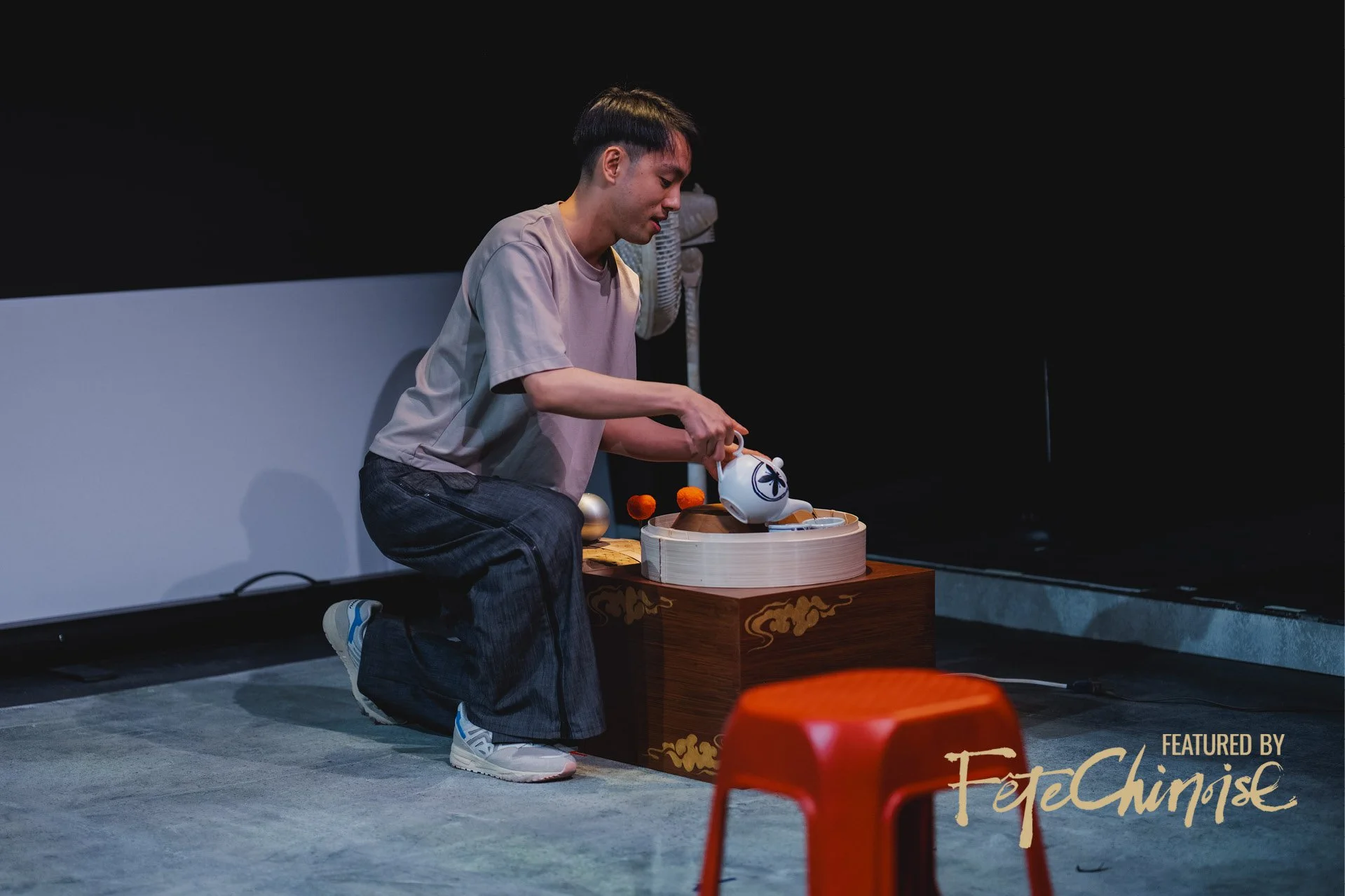
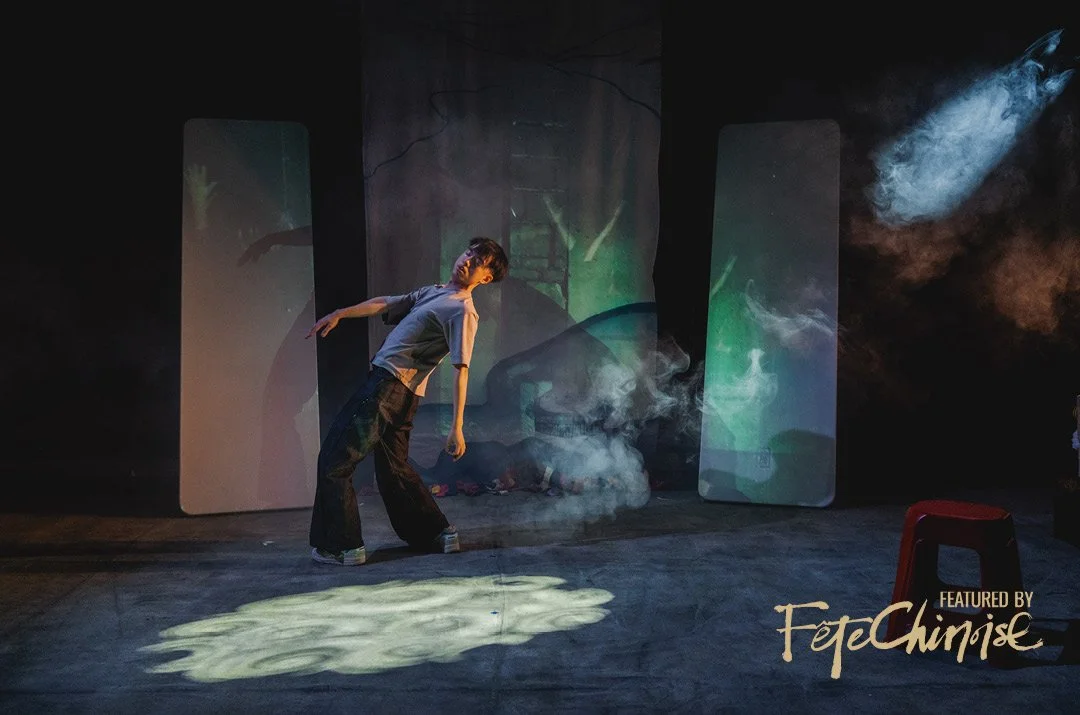
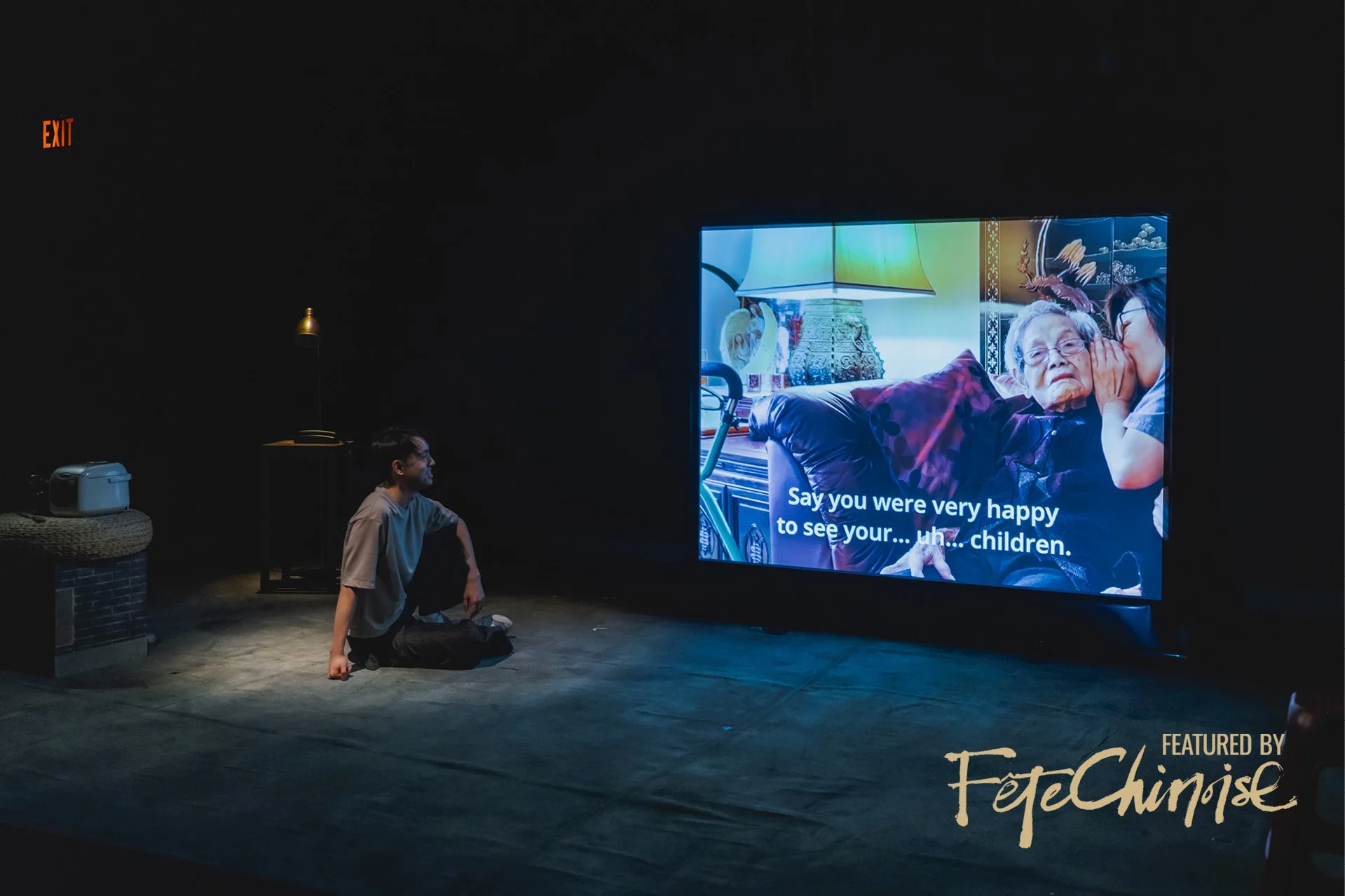
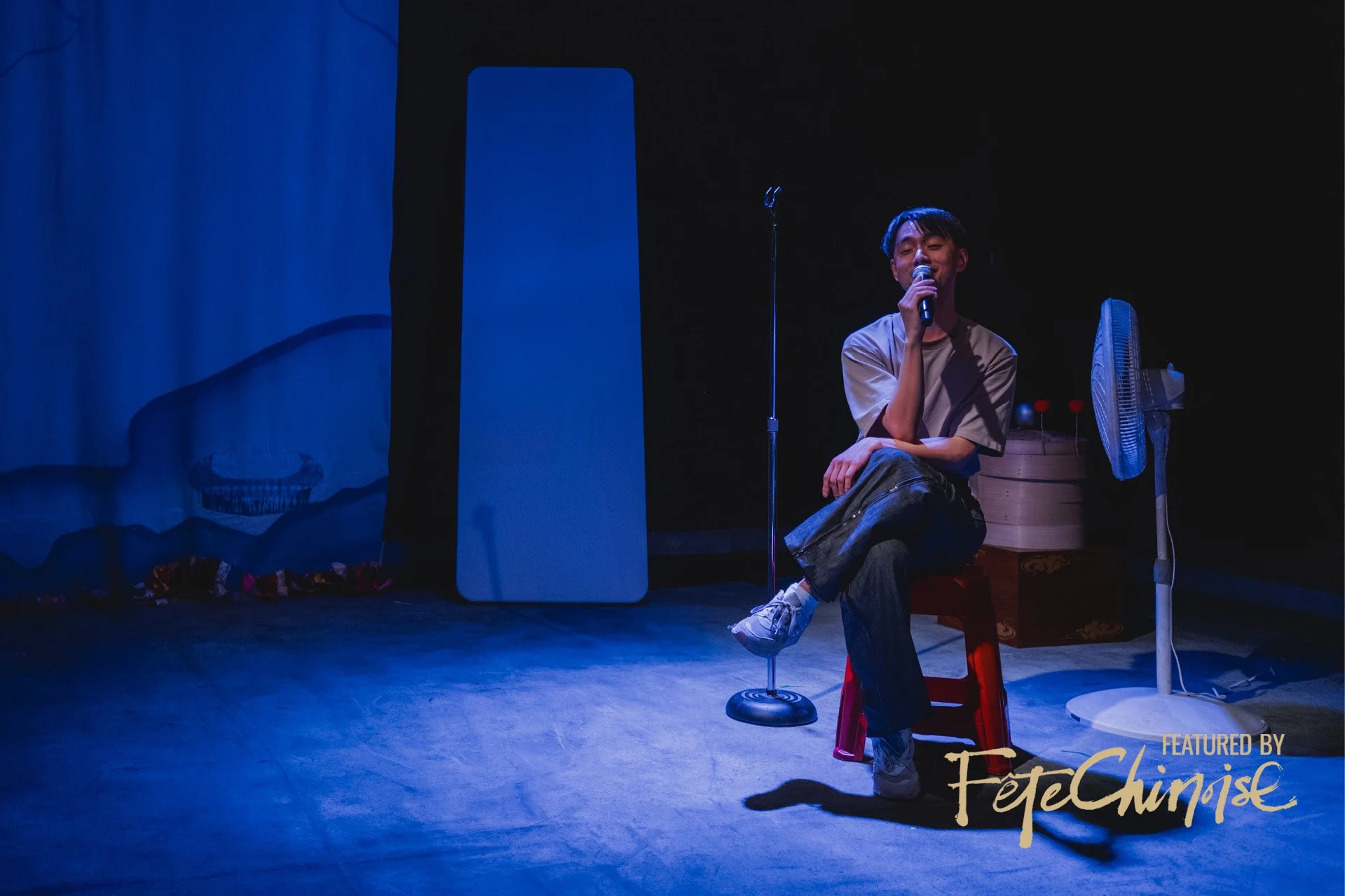
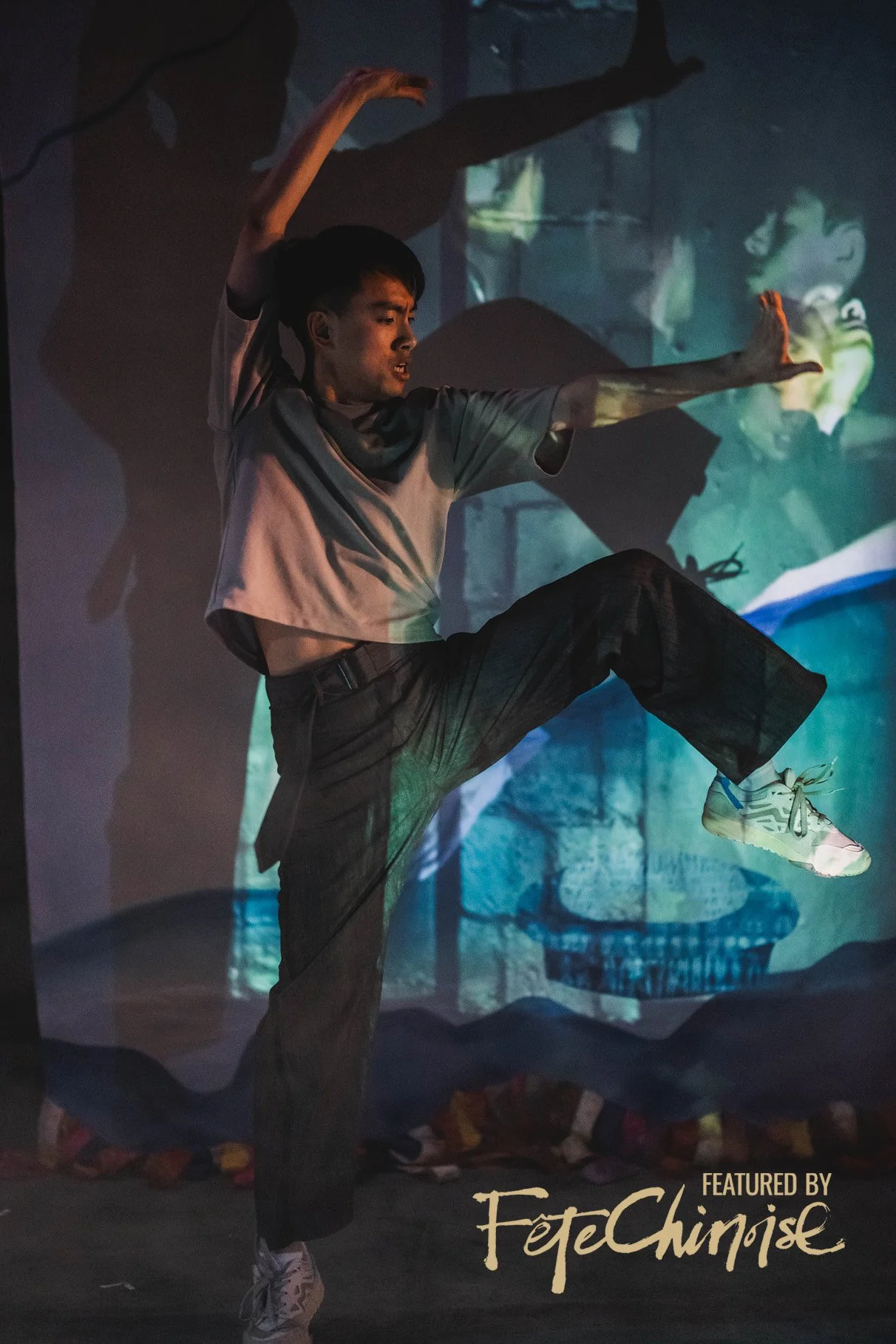








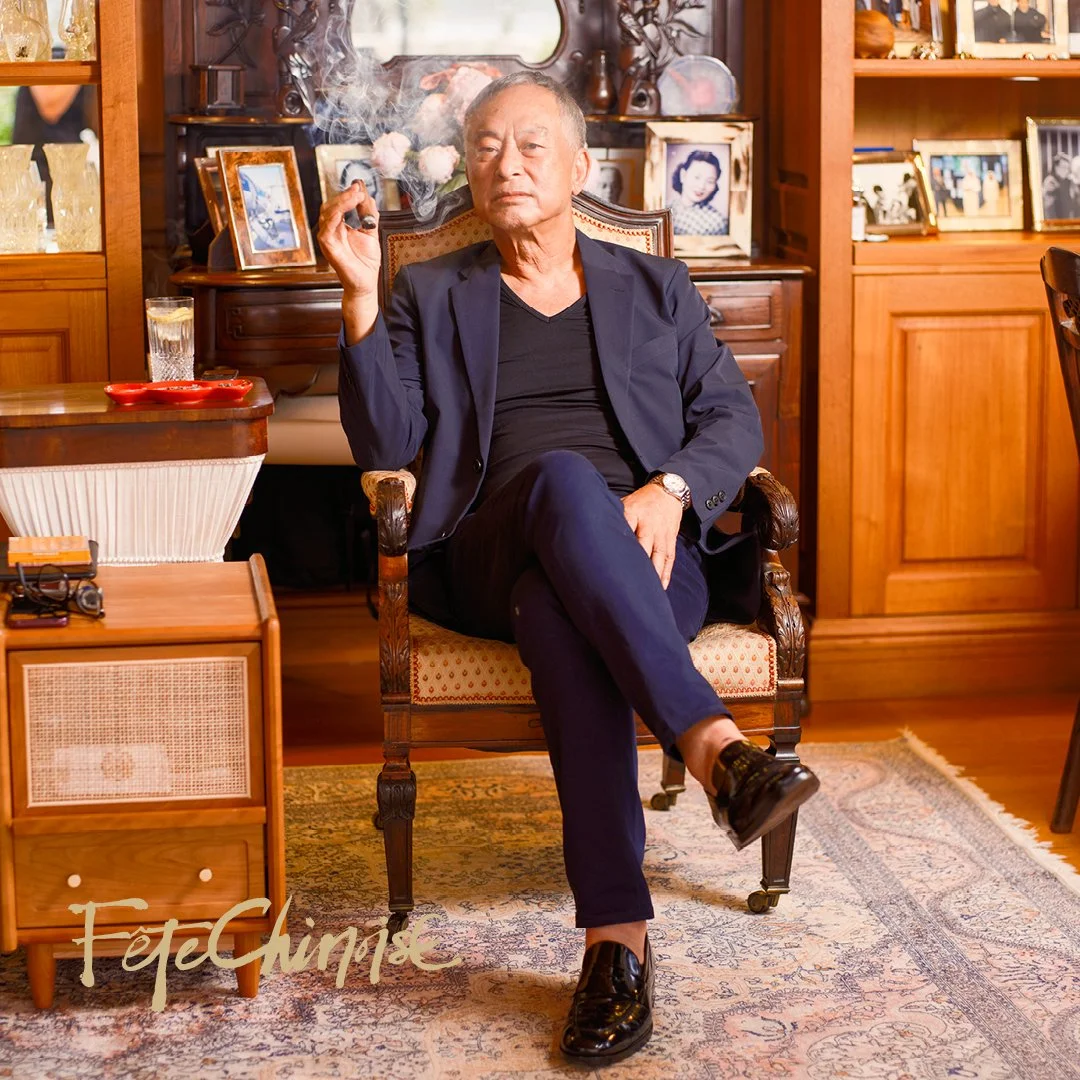




From two of Hong Kong’s most daring new voices—directors Jeffrey Lam and Antonio Tam—Valley of the Shadow of Death is an unflinching cinematic debut that confronts the uneasy space between faith and human frailty. Starring three-time Hong Kong Film Awards Best Actor Anthony Wong and stage icon Louisa So, this haunting drama follows a pastor whose daughter was raped and driven to suicide—only to be faced years later with the return of her assailant, now a penitent church member.